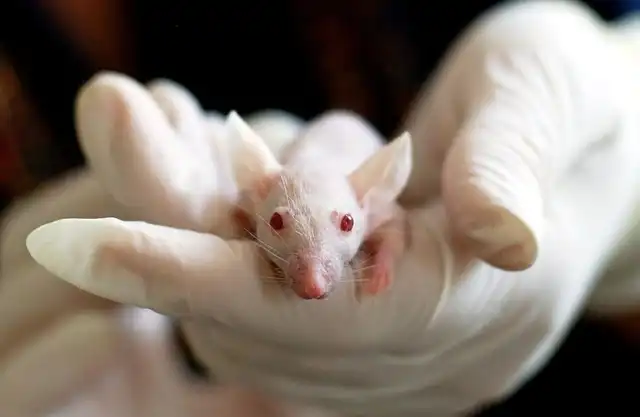Science Highlights: Hell Pigs, Sleep-Deprived Brains & Quantum Hacking

Explore science highlights: hell pig feeding habits, the science of sleep deprivation causing brain flushing, meteor showers, unique science photos and quantum hacking challenges. Stay informed!
Live Scientific research explored in this Science Limelight.
Hell Pigs’ Horrifying Teeth
Now, a new tooth evaluation has disclosed that the hell pigs had different feeding strategies relying on their sizes: The smaller species generally sheared flesh, while the larger species crushed bones with their horrifying teeth (there’s the “heck” part).
It’s easy and fast to accessibility Live Scientific research Plus, merely enter your e-mail below. We’ll send you a verification and sign you up for our everyday newsletter, maintaining you up to day with the latest scientific research information.
The Science of Sleep Deprivation
Well, scientists lastly have a physiological description for why this takes place when you’re sleep-deprived: Your brain is essentially flushing out cerebrospinal liquid, making it nigh-impossible for you to concentrate. The specific practical reason for this is still uncertain, however scientists think it could have something to do with sleep-deprived brains switching into sleep-like states, potentially as a form of waking mind waste disposal you missed out on the night prior to.
Spectacular Meteor Shower
The annual flurry of capturing stars is readied to show up in the early hours that day and is produced by little particles from the Comet 55P/Tempel-Tuttle that shed up in the environment to make meteors. This year can offer one of the very best viewing windows for the fast-moving shower, owing to a virtually moonless evening.
This week’s science photo is something absolutely unique and, in spite of its unbelievable look, entirely real. The spectacular shot was taken by an astrophotographer who caught a skydiver dropping from a plane 8,000 feet (2,440 meters) away. The image is called “The Autumn of Icarus” and greater than lives up to its mythic title.
Ben Turner is a U.K. based author and editor at Live Science.
Archaeotherium was technically extra very closely related to hippos and whales than to pigs, but it’s a wonderful name for a pet we’re mainly grateful isn’t around any longer– specifically as the preserved bites of the larger ones are indistinguishable from those of lions.
Get in touch with me with news and supplies from other Future brandsReceive email from us in support of our relied on companions or sponsorsBy submitting your info you accept the Conditions & terms and Personal privacy Policy and are aged 16 or over.
Quantum Hacking Challenges
This week’s scientific research image is something absolutely special and, regardless of its ridiculous look, completely real. The picture is named “The Loss of Icarus” and more than lives up to its mythic title.
Cognition in Brainless Creatures
Quantum systems can address issues associated with security significantly quicker than the classic computers utilized by nearly all companies, and cryptographers are facing a major difficulty in developing formulas that will certainly be risk-free from quantum hacking. But how do you quantum-hack-proof a laptop? Live Scientific research examined in this Science Spotlight.
Can you have thoughts without a mind? Most likely not in the sense that we often tend to define them, yet it doesn’t suggest that brainless creatures– such as jellyfish, sea urchins or sea stars– do not show some signs of cognition.
Ben Turner is a U.K. based writer and editor at Live Science. He covers physics and environment, technology and astronomy adjustment. He finished from College London with a degree in bit physics before training as a reporter. When he’s not composing, Ben appreciates reading literature, playing the guitar and embarrassing himself with chess.
1 hell pigs2 Live Scientific research
3 meteor shower
4 quantum hacking
5 science photo
6 sleep deprivation
« Caergwrle Dish: Bronze Age Boat & Sun SymbolismContinental Breakup: Mantle Waves Feed Ocean Volcanoes »
